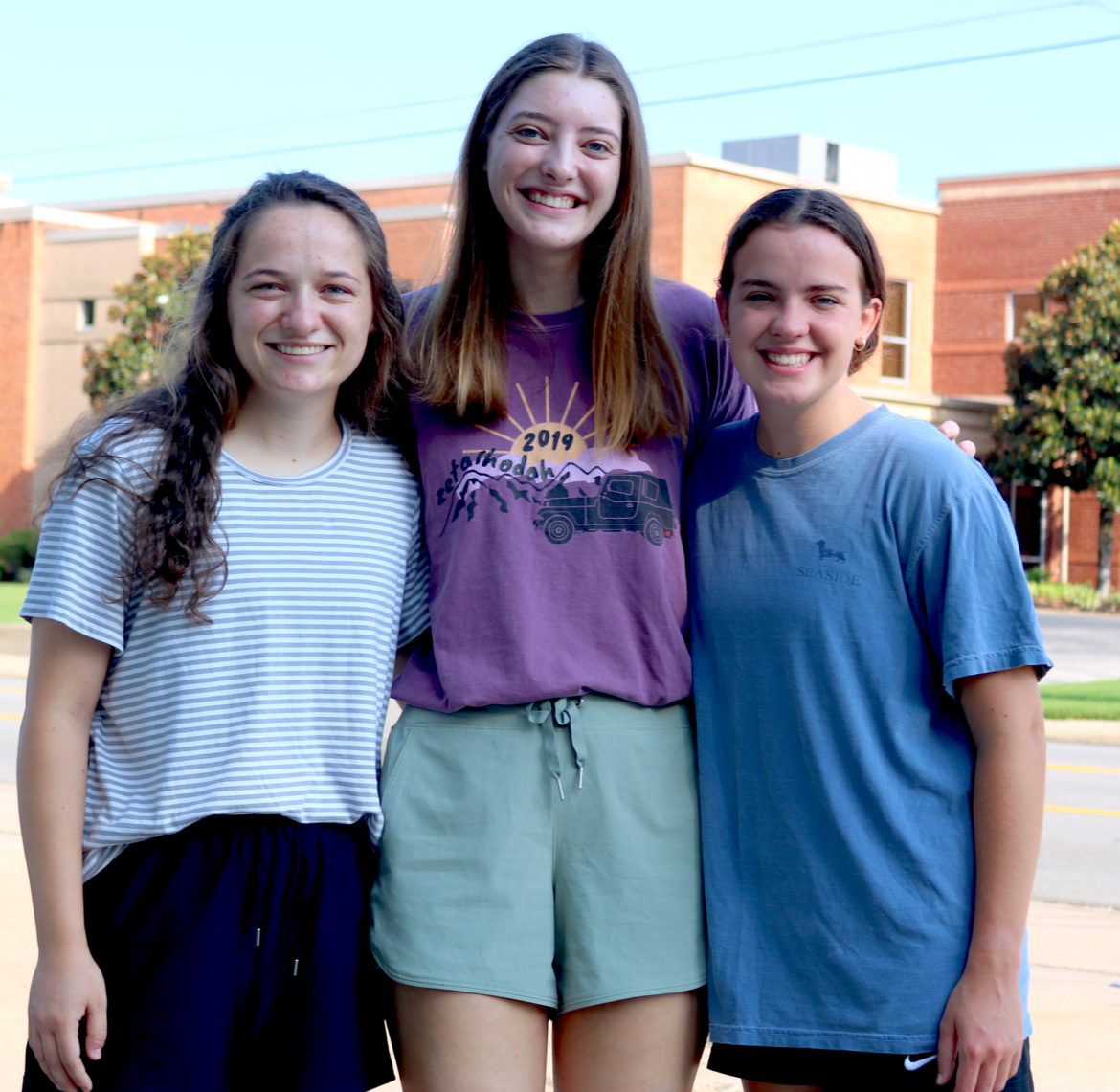Written by Sierra Tackwell // Photo by Balazs Balassa
Harding’s nursing students now have the opportunity to take a course focused on working in clinics in Searcy and the surrounding areas. This program is mainly for students completing Master’s Entry into Professional Nursing (MEPN) and students completing the 2A Nursing Program and the Bachelor’s Science in Nursing (BSN) Program.
Students involved gain experience by going to clinical one day a week at the ARcare clinics and shadowing the nurses there. They get first-hand experience of how to apply what they learned in class, and they are also able to analyze the needs of the community to continue improving the care. ARcare clinics are located within a 60-mile radius and the main towns they’re found in are Searcy, Little Rock, Newport and Kensett.
The program started this fall semester, yet it is already making a large and positive impact on the students who are enrolled. Senior MEPN student Emma Bartch said she feels it is very beneficial, and “what I have been learning in the short amount of time that we’ve had is that there’s this really hard balance that I was not aware of, and that there are people in really vulnerable communities. My views have widened and this class is going to widen our horizons.”
Bartch said the program will benefit multiple communities.
“There are so many communities and populations that our locations will be a part of and they go together to affect the care and lifestyle and help of the patient we are dealing with,” Bartch added.
She also said she and other students feel that they’ll learn more about the patients and their backgrounds and how to relate to them on more of a personal level. Their goal is to help patients holistically and alter their habits so they can prevent having to return to the clinics.
Senior BSN student Lauren Cooper said she believes this course will help in ways that the hospital cannot always help in.
“In the hospital, we see a patient and hear about their diagnosis, and we have a narrow picture of who they are and why they came,” Cooper said. “I think in this class we’ll actually be able to see why some things are contributing to the health they have. It’ll give us a better picture of the patient and the whole reason why their health is the way that it is.”
This program cannot only help students during their college career, but also in their future careers as its principles can be applied to many different nursing programs and disciplines. Senior BSN student Corrie Bunner said she wants to go into pediatrics when she graduates and feels that this program will prepare her for the future.
“I think this will better us as nurses and people,” Bunner said. “I’m looking forward to being able to see how even things I’ve overlooked before as being a contributor to poor health are things that we could potentially prevent or help promote awareness of as future nurses.”
